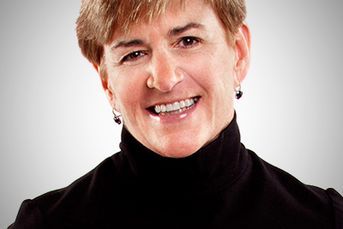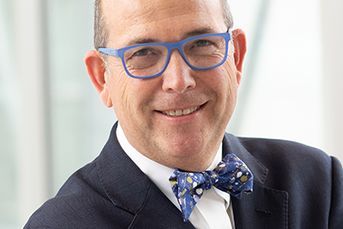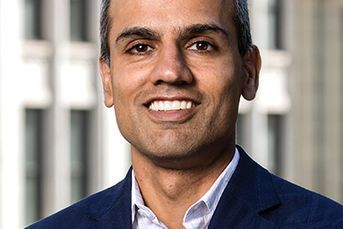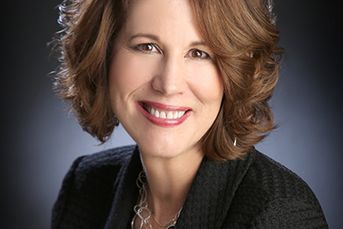Her road to financial advice was paved by her Vietnamese parents
Phuong Luong 'went into this field so that other people wouldn't have the financial stress my family had.'
Financial education and economic justice are at the core of Just Wealth, a financial planning firm founded last year by first-generation American and former teacher Phuong Luong (pronounced Fong Long), whose parents immigrated to the U.S. from Vietnam.
Ms. Luong’s parents left Vietnam in 1984. The Communists had confiscated the family business, compelling her father, a successful farmer, and her mother, a teacher, to come to America and start over from scratch. It wasn’t easy.
“I went into this field so that other people wouldn’t have the financial stress my family had,” said Ms. Luong, 32. She described her childhood Brooklyn, N.Y., household as “very cash-based and very outside of the financial service system.”
Her parents, hard-working and low-income, were unaware of many wealth-building strategies, such as establishing a credit history or using a 401(k) plan, that economically advantaged consumers take for granted.
Know someone?Do you know a successful adviser from a diverse background who has an inspirational story to tell? If so, email special projects editor Liz Skinner at [email protected].
Recognizing the systemic forces that keep people in poverty, including discrimination in hiring, housing, lending and education, Ms. Luong understands the challenges faced by individuals from historically impoverished communities.
Ms. Luong earned a bachelor’s degree from Dartmouth College and a master’s from Boston University. After graduation, she pursued a career in education, with an emphasis on special education.
Throughout her 10 years of teaching, she noticed the academically lagging students were usually from the most economically disadvantaged families. She realized two things: Their performance was related to structural, historical and systemic inequities, and, as a teacher, she was limited in her ability to combat the overarching socio-economic issues.
Combining interests
Wishing to combine her lifelong interest in personal finance and her teaching experience, Ms. Luong researched career options and discovered financial planning. In 2013, she joined a nonprofit as a financial coach and two years later was promoted to director of financial services, hiring and training financial coaches and developing personal financial curricula.
In 2017, Ms. Luong struck out on her own. Clients have been lining up.
“Many say, ‘I appreciate that you’re a person of color.’ And they appreciate the language on my website about economic justice,” she said. Half of her clients are minorities, two-thirds are women, and 25% make less than $75,000 per year.
Ms. Luong is all-in. In addition to her fee-only practice, she trains financial coaches and counselors in social service agencies, develops online tools to engage with low-income clients, works as an online tutor for a CFP program, and volunteers with the CFP Board’s Center for Financial Planning Diversity Advisory Group.
Ms. Luong aims to provide what she calls culturally proficient financial services and training, based on an understanding of the financial history that shapes traditionally low-income communities. She also guides clients toward supportive community resources.
“Financial literacy alone will not lead to economic justice,” she said. “Without [financial history], we fall into the trap of shame and blame for not having wealth. When you are always being asked ‘Why are you poor?’ you internalize that.”
Structural poverty
Educating people about structural poverty issues not being their fault enables them to “sit up taller,” she said. “It validates them. That’s priceless. We underestimate how much shame weighs you down. You must be sensitive to their history. They can’t just cut [expenses as a] way to home ownership.”
Ms. Luong’s mentor, Dan Candura, president of Penny Tree Advisors and a columnist for InvestmentNews, appreciates her potential and the importance of her presence in the industry. The two share working-class and teaching backgrounds and have been working together for several years.
“We need more women and more nonwhite advisers,” Mr. Candura said. “She’s very intelligent, very ethical and very caring about the interests of her clients. She’s committed to making a go of this profession. I can see her being very successful. She’s the kind of person we need. She’s a risk-taker.”
Deborah Nason is a freelance writer.
This story is part of an ongoing initiative by InvestmentNews to cultivate a financial advice profession in which diverse perspectives are welcomed and respected, and industry best practices can be shared across organizations.
Learn more about reprints and licensing for this article.








